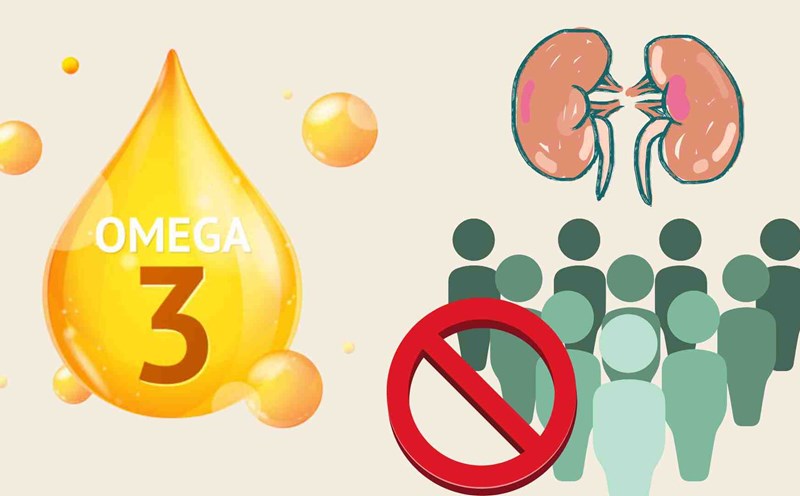Fish oil and algae oil: Similar but not completely
Both fish oil and algae oil are important sources of omega-3 fatty acids, especially DHA and EPA, which have been linked to reduced inflammation, enhanced brain function, vision and protecting cardiovascular health.
However, an important difference between the two is the origin and composition:
Fish oil is extracted from fish such as salmon, mackerel, tuna, and contains both DHA and EPA.
Algae oil is a plant-based, vegetarian-friendly source of omega-3, which typically contains more DHA than fish oil, but less or no EPA depending on the product.
According to Dr. Maggie Moon, a clinical nutritionist in Los Angeles (USA): Algae oil can be a suitable alternative for vegetarians or fish oil intolerants, as it still provides a significant amount of DHA, which is good for the heart and brain.
Health benefits and safety levels
Both oils have the effect of supporting bad cholesterol reduction, lowering triglycerides, fighting inflammation, protecting the cardiovascular and nervous system. In some studies, algae oil has also been shown to help improve vision in infants, reduce inflammation, and support cognitive function in older adults.
However, algae oil is often priced higher due to the complex production process. At the same time, like fish oil, algae oil can cause side effects such as headaches, nausea, diarrhea or abdominal pain if overdose (over 2g/day). High dosage use may also increase the risk of arrhythmia or bleeding, especially in people taking anticoagulants.
Whether its fish oil or algae oil, if youre taking it in high doses, you should consult your doctor to avoid dangerous drug interactions or side effects, warns Dr. Megan Nunn, a pharmacologist in New Jersey.
Recommended dosage and options
The American Heart Association (AHA) recommends that adults supplement about 1,000mg of DHA + EPA per day to protect the heart. With the goal of reducing triglycerides, the dose can be increased to 2,000 - 4,000mg/day under medical supervision.
You should read the product label carefully to know the exact content of DHA and EPA, because many algae oil tablets only provide DHA without EPA.
To ensure quality, choose a product that is independently tested by organizations such as USP, NSF or ConsumerLab.
Both fish oil and algae oil have similar benefits for the heart. However, if you follow a vegan diet or have problems with the taste and digestion of fish oil, algae oil is a more reliable and sustainable choice.











